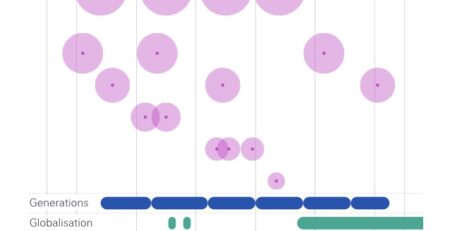Pension burden: More Japanese opt to retire late, extend employment period
Some economists expect the average pension-to-wage ratio to keep deteriorating and worries are growing that Japan’s ‘pay-as-you-go’ pension scheme may be unsustainable
Yasuhiro Furuse could have retired two years ago, but he wasn’t entirely happy with his pension income and had to put any such thoughts to bed.
It was just as well for Furuse’s employer Orix Corp, a financial services group, which would have struggled to find a replacement, with Japan’s jobless rate at 26-year lows.
This win-win arrangement, increasingly common in Japan, highlights a structural and policy challenge facing the world’s third-biggest economy.
Prime Minister Shinzo Abe’s government is considering raising the retirement age to 70 or 75 from 65 now, to ease pension burdens as well as a labour crunch. But a more durable longer term solution, analysts say, is for Japan to relax its strict controls on foreign workers.
“I have no choice but to work,” said Furuse, 62, a senior adviser at Orix’s corporate business headquarters.
“I appreciate that I could keep working, which makes me better off than living on pension and savings. Besides, I want to do something to contribute to society.”
Japan’s population is among the oldest on the planet and has one of the longest lifespans, putting pressure on its pension system. The old-age dependency ratio — or the numbers of elderly against those of working age — is the highest in the OECD.
The situation is being compounded by Japan’s deep-seated reluctance to fully open its gates to foreign workers, leaving many companies to rely on the old guard to overcome severe labour shortages.
On top of that, a lengthy spell of monetary easing by the Bank of Japan to battle deflation and spur growth has led to near-zero bond yields and crippled savings.
Source: @Business-standar










